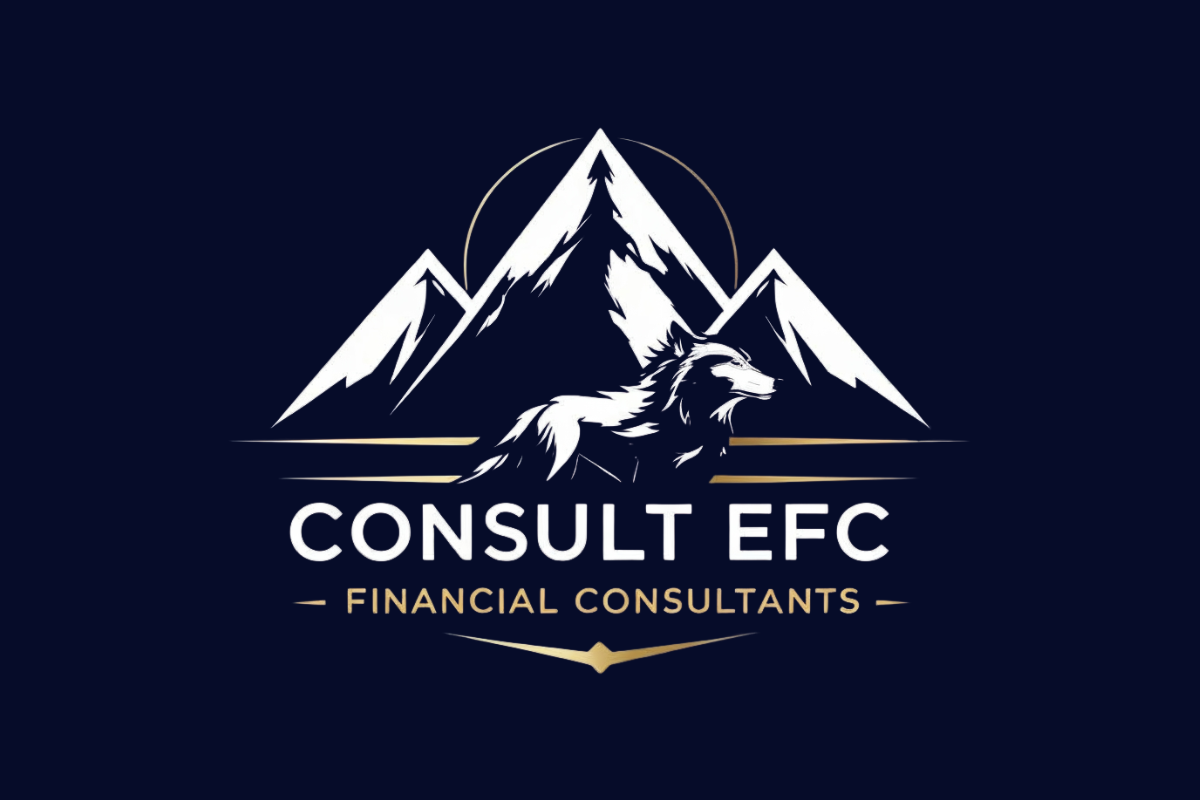Key Takeaways
- A business valuation estimates what your company is worth today, based on financial results, risk, growth, and market evidence.
- UK SME valuations in 2024 show a median EBITDA multiple of 5.4x (up from 5.0x in 2023), so timing can affect value.
- Professional valuations support exits, fundraising, M&A, legal and tax needs (including HMRC), and employee equity plans.
- Key value drivers include profit and cash flow quality, market position, customer concentration risk, and how dependent the business is on the owner.
- Relying on online calculators or one method can misprice your business because they miss context, adjustments, and buyer expectations.
Most business owners can tell you their annual turnover down to the penny, yet 75% of UK business leaders admit they don’t know what their company is actually worth 😱. This isn’t just a missing statistic—it’s a strategic blind spot that could cost you millions when it matters most.
Whether you’re planning an exit, seeking investment, or simply want to understand your most valuable asset, knowing your business worth isn’t optional—it’s essential ✅. Recent market data shows UK SME valuations climbing to a median EBITDA multiple of 5.4x in 2024, up from 5.0x in 2023 📈, highlighting the importance of timing your valuation correctly.
Why Business Valuation Matters for Owners💡
Business valuations serve far more purposes than preparing for a sale 🎯. Understanding your company’s value empowers strategic decision-making, from securing funding to planning succession. Professional valuations provide critical insights that enable you to establish realistic goals and make strategic choices aligned with your objectives.
The stakes are particularly high in today’s economic climate. With banks requiring more comprehensive evaluations due to interest rate pressures and economic uncertainty 🏦, having an accurate, current valuation has become crucial for accessing capital and maintaining competitive advantage.
When Companies Need Professional Valuations 🔍
Smart business owners seek valuations in multiple scenarios:
Investment and Fundraising 💰: Investors rely on accurate valuations to assess potential returns, with transparent documentation enhancing negotiation outcomes. Recent data shows that 59% of UK business leaders want valuations primarily for attracting investors.
Mergers and Acquisitions 🤝: Whether buying or selling, accurate valuations ensure fair deal-making and prevent conflicts down the road. The process streamlines negotiations by providing clear understanding of the business’s worth.
Strategic Planning 📋: A business valuation serves as a performance metric, allowing owners to gauge enterprise health and identify improvement areas. This insight proves indispensable for informed decision-making and strategic growth planning.
Legal and Tax Requirements ⚖️: Valuations become essential for estate planning, divorce proceedings, shareholder disputes, and regulatory compliance. HMRC may require formal valuations for inheritance tax or capital gains purposes.
Employee Incentives 🎁: Companies use valuations to determine fair values for stock options and equity awards given to employees as compensation.
The True Cost of Getting It Wrong ❌
Attempting DIY valuations or relying on online calculators can lead to significant financial consequences 💸. Common mistakes include having unrealistic expectations, trying to perform your own valuation without proper expertise, and relying on single valuation methods that fail to capture the complete picture.
Online valuation tools typically provide estimates based on limited data using preset formulas and algorithms 🤖. Whilst these might offer quick results, they cannot consider unique business aspects like customer base value, growth potential, or market positioning that professional appraisers evaluate.
The Professional Advantage 🏆
Professional business appraisers consider multiple factors including excess working capital, realistic future income expectations, normalised expenses, industry trends, and financing impacts. They understand both buyer and seller perspectives, staying current with market conditions that online calculators simply cannot account for.
Recent valuation trends for 2024 emphasise the need for specialised industry knowledge 📊. Each sector has unique regulatory environments, competitive landscapes, and growth characteristics that require tailored approaches rather than generic formulas.
Key Factors That Drive Business Value 🔑
Understanding what influences your business worth helps you identify opportunities to enhance value:
Financial Performance 💹
Revenue, profitability, and cash flow form the foundation of any valuation. Businesses demonstrating consistent or growing profits typically command higher valuations than those with erratic financials. Professional appraisers examine not just current performance but also sustainable cash flow projections and financial statement quality.
Market Position and Growth Potential 🎯
Companies with significant market share and clear expansion opportunities receive premium valuations. Scalable business models that can grow without proportionally increasing costs prove particularly attractive to investors 📈.
Customer Base Quality 👥
A diverse, loyal customer base indicates stability and reduced risk. Conversely, businesses with concentrated customer bases where 30% or more revenue comes from one or two clients face valuation penalties due to vulnerability ⚠️.
Operational Independence 🏗️
Owner dependency significantly impacts value – businesses that can operate successfully without daily owner involvement receive higher valuations. Documented systems, processes, and capable management teams demonstrate operational maturity that buyers value highly.
Common Valuation Methods Explained 📚
Professional valuators employ multiple approaches to ensure accuracy:
Asset-Based Valuation 🏢: Calculates value based on tangible and intangible assets minus liabilities. This method works well for asset-heavy businesses but may undervalue companies with significant goodwill or growth potential.
Income-Based Approaches 💰: Including Discounted Cash Flow (DCF) analysis that projects future cash flows and adjusts for risk and time value. This method proves particularly useful for growth companies with strong earnings potential.
Market-Based Valuations 📊: Compare your business to similar companies recently sold, applying relevant multiples to financial metrics. This approach requires access to comparable transaction data and careful adjustment for differences.
EBITDA Multiples 🧮: Common for SMEs, this method multiplies earnings before interest, taxes, depreciation, and amortisation by industry-appropriate factors. UK data shows median EBITDA multiples reaching 5.4x in 2024.
Warning Signs That Hurt Valuations ⚠️
Smart business owners address these red flags before seeking valuations:
Financial Red Flags 📉: Inconsistent monthly reporting, limited forecasting, declining margins, or excessive personal expenses in business accounts. Poor bookkeeping and non-GAAP accounting practices erode credibility.
Operational Concerns 🔧: High employee turnover, lack of documented procedures, over-dependence on key personnel, or outdated systems requiring immediate investment.
Market Vulnerabilities 🎯: Heavy reliance on single customers, suppliers, or revenue streams creates risk that buyers discount heavily. Increasing accounts receivable ageing or unrealistic growth projections also concern potential acquirers.
Taking Action: Your Next Steps 🚀
Don’t wait until you need a valuation to start planning ⏰. Consider these strategic actions:
- Engage professional help early 👨💼: Whilst online calculators might provide rough estimates, professional valuations prove essential for important decisions like selling, legal disputes, or securing financing.
- Address operational weaknesses 🔨: Document systems, diversify customer base, strengthen financial reporting, and reduce owner dependency.
- Monitor key metrics 📊: Track performance indicators that drive value in your industry, maintaining clean financial records and clear growth strategies.
- Plan for timing ⏱️: With 44% of UK business leaders reviewing company value only when selling, proactive valuation planning provides significant advantages.
Understanding your business worth transforms from a numbers exercise into a strategic advantage 💪. Whether you’re planning growth, seeking investment, or preparing for eventual transition, accurate valuation provides the foundation for confident decision-making and optimal outcomes.
The question isn’t whether you can afford a professional valuation—it’s whether you can afford to navigate critical business decisions without knowing what you’re truly worth. In today’s competitive landscape, that knowledge could be the difference between a good outcome and a great one 🏆.
Ready to discover what your business is truly worth? Contact Consult EFC today to provide the strategic insight you need to maximise your company’s potential and secure its future value ✨. Click here to book a free consultation.






